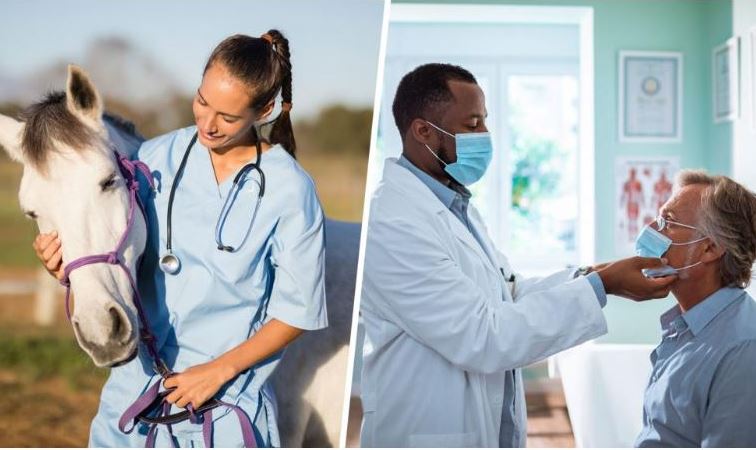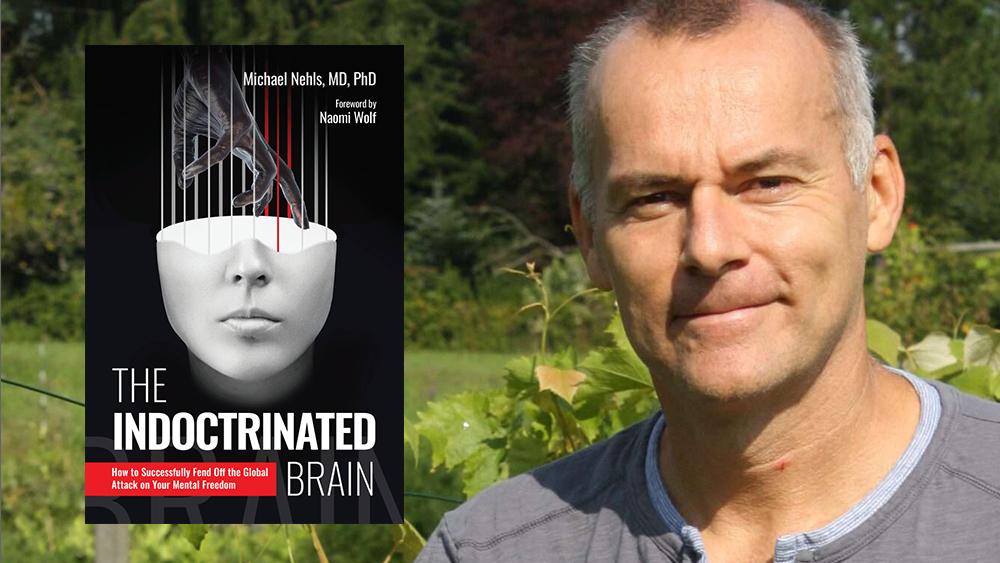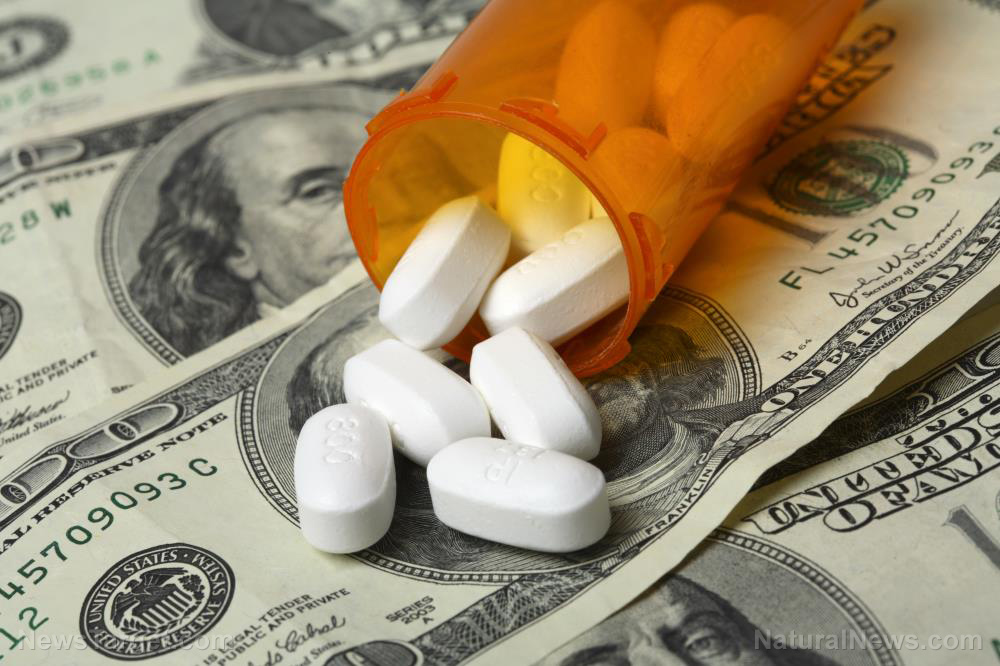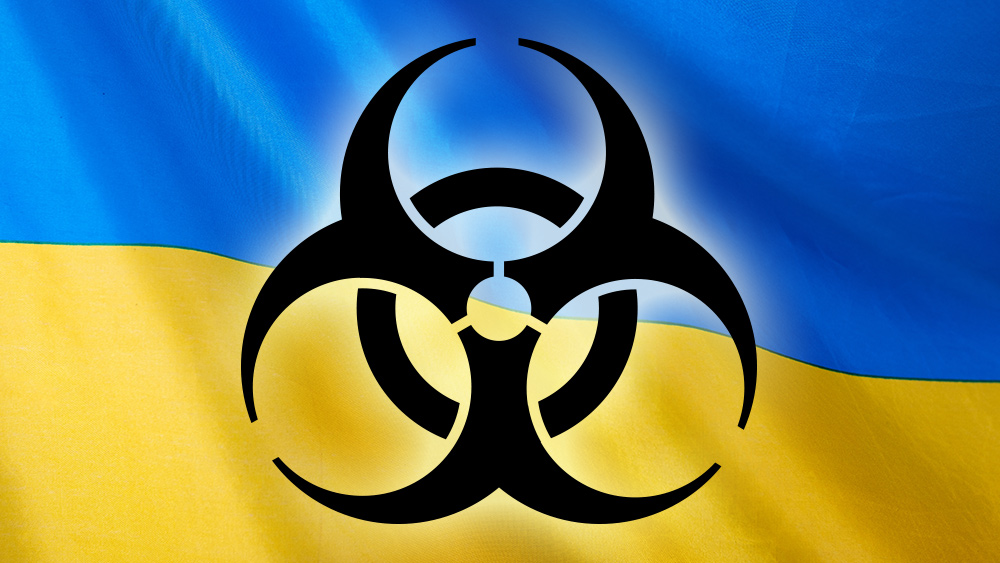Sierra Leone stationing armed police outside cemeteries to prevent graverobbers from STEALING HUMAN BONES for use as drug ingredients
04/11/2024 / By Richard Brown
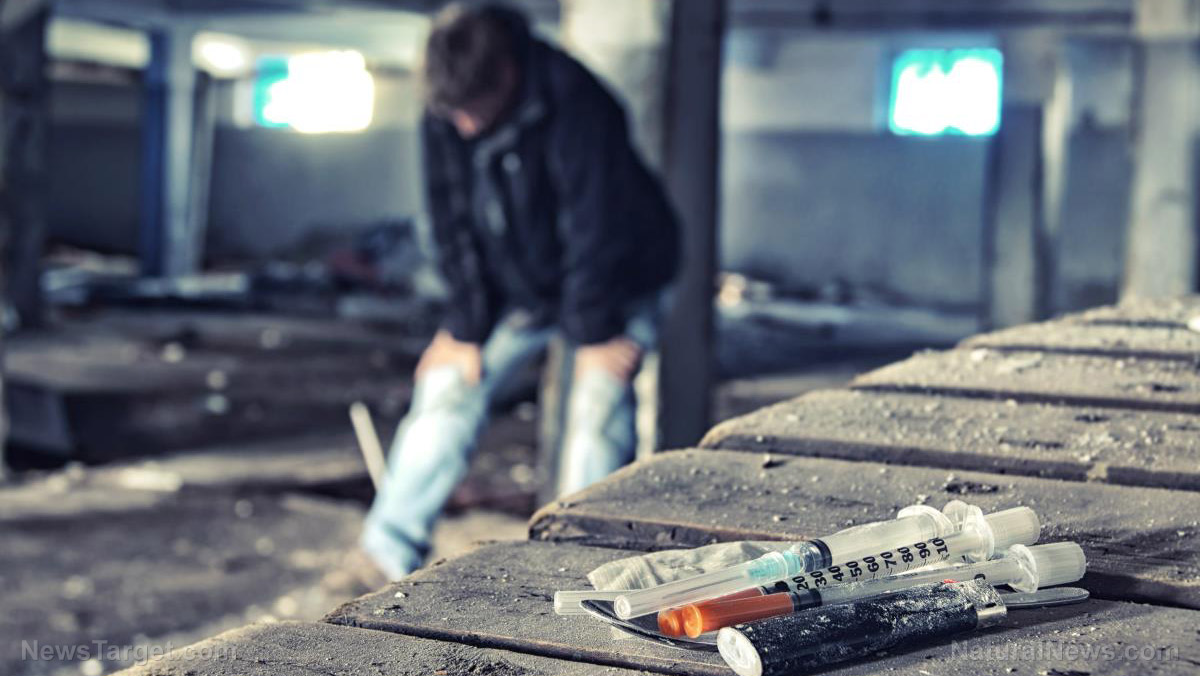
The West African nation of Sierra Leone has begun stationing armed police outside of cemeteries in an effort to thwart drug addicts from attempting to plunder human remains for ingredients to be used in the creation of a potent psychoactive “zombie” drug whose spread has gripped the country.
The move comes after President Julius Maada Bio declared a national emergency to combat the widespread abuse of the locally concocted drug nicknamed “kush,” which is a dangerous mix of marijuana, fentanyl, tramadol, formaldehyde and, in some instances, ground up human bones. (Related: Philadelphia’s “Zombieland” Kensington neighborhood continues to suffer from spread of “tranq” drug.)
The drug was first reported in Sierra Leone in 2018. It is known to give a hypnotic high that can last for several hours. In recent years, abuse of kush has surged and has become an unprecedented challenge for the country, leading to hundreds of deaths and severe psychiatric harm to thousands of other people.
“Our country is currently faced with an existential threat due to the ravaging impact of drugs and substance abuse, particularly the devastating synthetic drug kush,” warned Bio.
In an effort to stymie the manufacturing of kush, the government has deployed armed police to safeguard cemeteries in the capital of Freetown. Reports indicate that graverobbers have been raiding burial sites under the cover of darkness.
The alarming trend of using ground-up human bones has prompted intensified efforts by law enforcement to combat grave robbery, particularly in the Racecourse Cemetery in Freetown, where the local gang known as the “Kush Boys” have been implicated in the tampering of graves.
Drug abuse in Sierra Leone reaching catastrophic levels
Dr. Harold Thomas of the Sierra Leone Ministry of Health and Sanitation underscored the severity of the situation, with admissions to psychiatric hospitals skyrocketing by nearly 4,000 percent between 2020 and 2023.
The entire nation of nearly nine million people currently only has one functioning drug rehabilitation center in Freetown, which is a 100-bed facility hurriedly set up in an army training center earlier this year to deal with the drug abuse crisis. It has been described as “more of a holding center than a rehab” due to the lack of proper facilities for caring for addicts.
The government is implementing a strategy of breaking the drug supply chain through “investigations, arrests and prosecutions.” Bio has also set up a task force to eradicate the drug and to create centers in every district “adequately staffed by trained professionals to offer care and support to people with drug addiction.”
If Sierra Leone is unable to get its crisis under control, experts warn that the drug’s allure, coupled with widespread unemployment and conflicts across West Africa, could make the drug spread across the entire region.
Dr. Abdul Jalloh of the Sierra Leone Psychiatric Hospital said current government efforts, including the declaration of a state of emergency, are “the right step” and will be “crucial in addressing drug use.”
Learn more about the effects of illicit drugs at Overdose.news.
Watch this video showing how drug addiction has turned people into “zombies” in the Kensington neighborhood of Philadelphia.
This video is from the GalacticStorm channel on Brighteon.com.
More related stories:
UN report: Cocaine smuggling and production increase amid growing demand for illicit substances.
Flesh-eating “zombie drug” tranq now FLOODING the streets of Los Angeles.
Los Angeles having problems tracking “zombie drug” xylazine because it is technically LEGAL there.
Sources include:
Submit a correction >>
Tagged Under:
addiction, Africa, big government, Big Pharma, chaos, Collapse, corpses, drug abuse, drug addicts, drug cartels, drug epidemic, graverobbing, human remains, insanity, kush, national security, overdose, pharmaceutical fraud, psych drugs, Sierra Leone
This article may contain statements that reflect the opinion of the author
RECENT NEWS & ARTICLES
PharmaceuticalFraud.com is a fact-based public education website published by Pharmaceutical Fraud Features, LLC.
All content copyright © 2018 by Pharmaceutical Fraud Features, LLC.
Contact Us with Tips or Corrections
All trademarks, registered trademarks and servicemarks mentioned on this site are the property of their respective owners.



